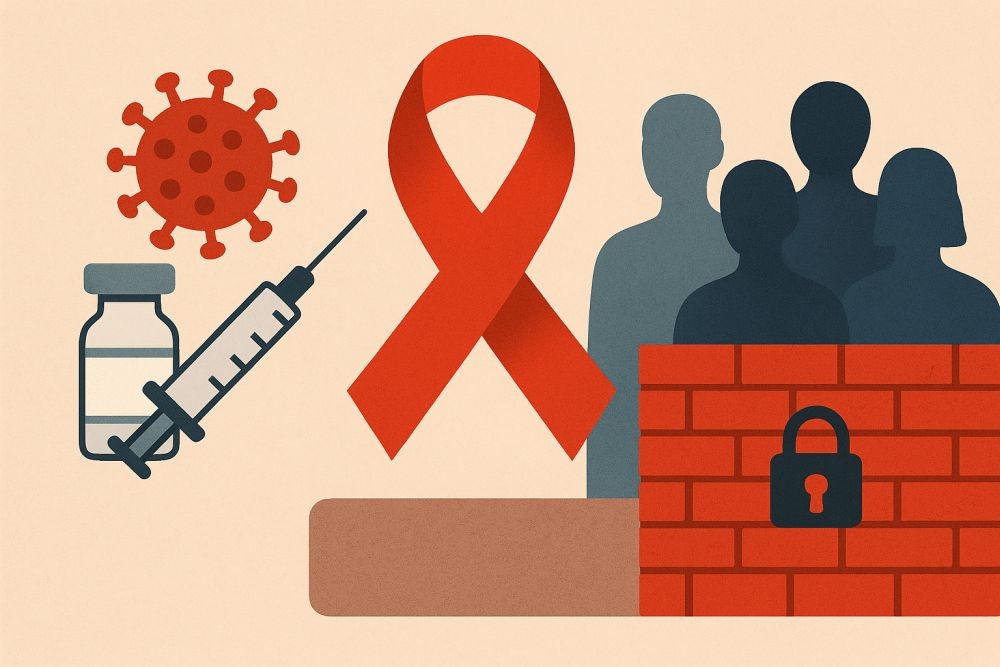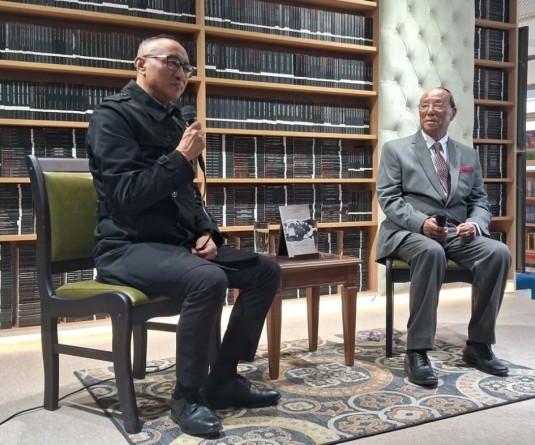
Dimapur, November 27 (MExN): India faces a critical moment in its effort to end AIDS nationally and globally as regulatory delays and patent-related barriers threaten access to lenacapavir, a groundbreaking long-acting HIV prevention medicine, health experts and activists warned today.
A press release from LEN-LA for All Coalition and MSF said that Lenacapavir confers virtually 100% protection against HIV infection and has been widely recognised by UNAIDS, WHO, and other technical normative agencies as a significant advance that can bring new infections under control. However, regulatory hurdles in India and patent filings by Gilead Sciences risk obstructing timely access for marginalised communities most affected by HIV, including sex workers, transgender persons, gay men and other men who have sex with men, people who use drugs, and young women and girls.
Key populations account for a disproportionate share of new HIV infections. Globally, outside sub-Saharan Africa, two out of three new infections occur among key populations and their sexual partners. Overall, new HIV infections have remained virtually unchanged for the past three years, highlighting the urgent need for more effective prevention tools deployed at scale.
“Indian manufacturers can reduce the price of generic lenacapavir to US$25–40 (Rs. 2,225 - 3,560) per person per year, which would be a game changer for countries such as South Africa, which has the highest number of new HIV infections in the world. Unnecessary regulatory delays will mean India cannot supply generic lenacapavir in 2026, weakening its role in supplying affordable HIV medicines for the world,” said Fatima Hassan of South Africa's Health Justice Initiative. “This will have a devastating effect across low- and middle-income countries that depend on Indian generics, and especially countries like ours that are being targeted by the Trump administration by arbitrary exclusion from the Gilead / PEPFAR global rollout program. We need generics urgently to save lives.”
Under India’s New Drugs and Clinical Trials Rules (NDCTR) 2019, companies may seek a waiver of the requirement to conduct local clinical trials if a medicine has been approved by the drug regulatory authorities of the US (USFDA), European Union (EMA), or other specified countries and offers a “significant therapeutic advance.” Lenacapavir has met these criteria. Without such a waiver, the timely introduction of Indian generics globally could be substantially hindered.
“Few medical interventions demonstrate such remarkable efficacy. In clinical trials, lenacapavir has shown 100% effectiveness in preventing HIV among cisgender women and girls, and a 96% reduction in HIV risk within a gender-diverse group that includes cisgender men, transgender men, and non-binary individuals. Now we need the policies that will allow us to deliver this superior protection tool to all who need it, including a waiver of India’s requirement for national clinical trials,” said Dr Antonio Flores, Senior HIV/TB Advisor, MSF.
Community networks said that delays could have immediate and severe consequences. “Access to more effective HIV prevention tools like lenacapavir from the HIV programme free of cost is vital because our exposure to HIV through sex work is a daily worry for us,” said Dr Protim Ray, representative of Kolkata-based, sex worker–led collective Durbar Mahila Samanwaya Committee. “When revolutionary prevention tools like lenacapavir are delayed or locked behind red tape, it’s not just policy — it’s our lives at stake.”
In addition to regulatory barriers, health groups including the Third World Network have raised concerns about Gilead’s patent filings in India, arguing that the claims may lack sufficient novelty. If granted, the patents could restrict open competition among generic manufacturers producing active pharmaceutical ingredients (API) and finished formulations, undermining India’s capacity to manufacture and supply affordable generics. Although Gilead has granted royalty-free, non-exclusive licenses to six generic manufacturers, including four Indian companies, to supply lenacapavir to 120 low- and lower-middle-income countries and territories, key regions with high HIV incidence among key populations, including parts of Latin America, are excluded. This undermines equitable global access and restricts local production.
Granted patents in India will prevent Indian generic companies that have not been licensed by Gilead from supplying locally or to countries excluded from Gilead's list of 120 eligible countries. Advocates say Gilead’s multiple patent claims must be expeditiously rejected.
“A decisive action is urgently needed. Regulatory authorities, patent offices, and global partners must work together to ensure that long-acting HIV prevention becomes accessible without delay, and that communities most at risk are not once again left behind,” said Eldred Tellis of the global LEN-LA for All Coalition. This coalition includes Health GAP (Global), the Health Justice Initiative (South Africa), Sankalp Rehabilitation Trust (India), Just Treatment (UK), and ABIA (Brazil).





